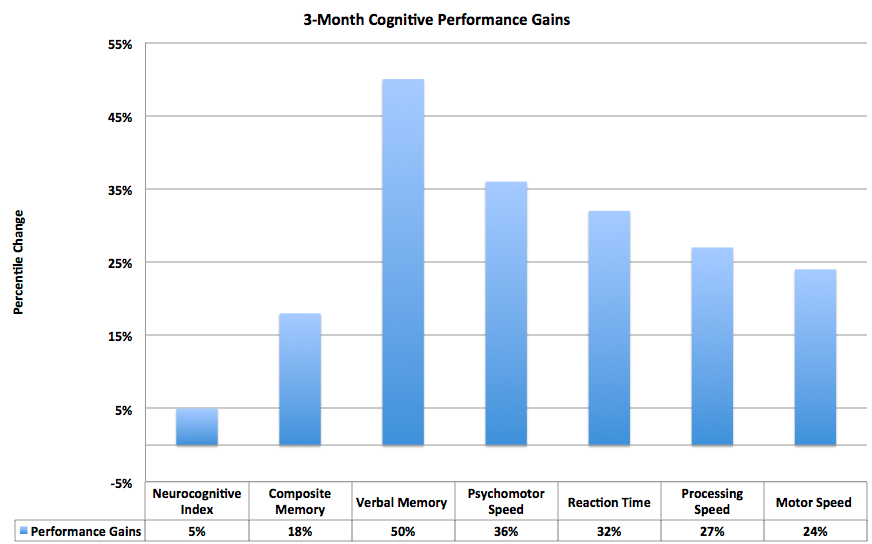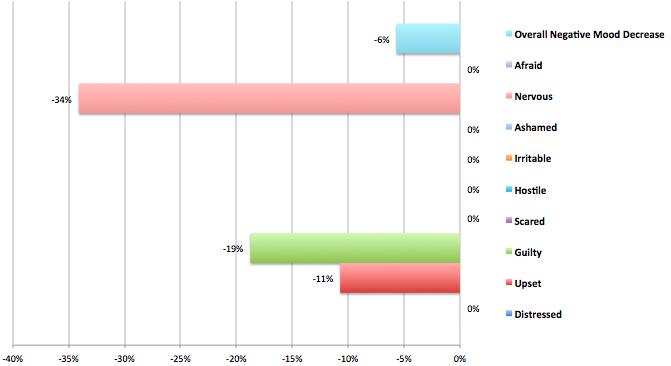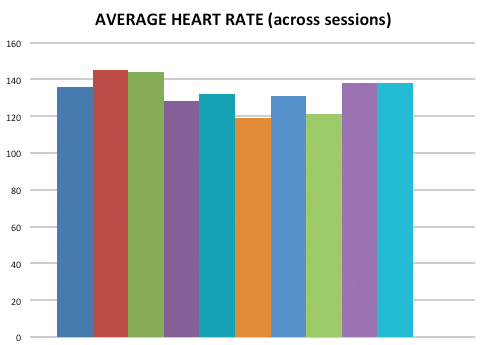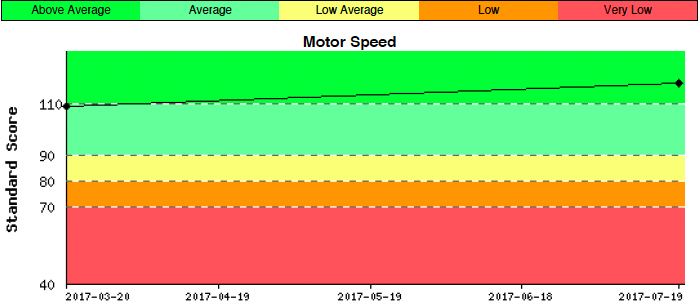Case Study - Peter

After 11 sessions (4 months of 1 session per week) Peter had improvements on standardized scores of:
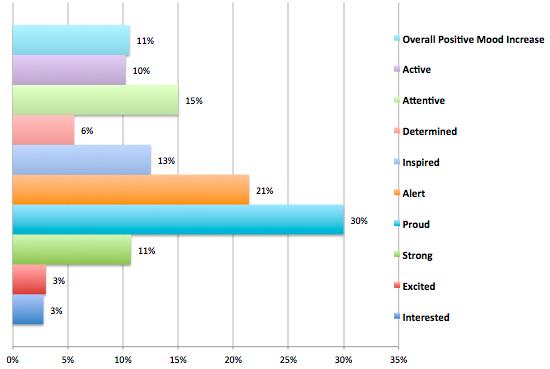
Emotional Positive Affect
Peter saw dramatic increases in Alertness, Attention and self accomplishment. This benefits the argument where exercise can aid mental well being and in some cases provide an alternative to medication.
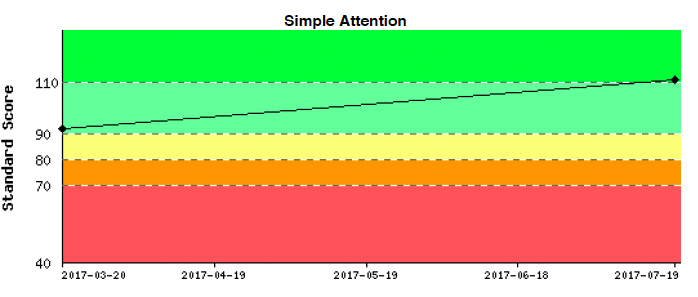
Attention
Peter saw a remarkable gain in simple attention with an above average gain. The prefrontal cortex known as the inferior frontal junction (IFJ) controls visual processing areas that are fine tuned for object-based attention, and spatial attention.

